Understanding Upper Respiratory Infection in Cats: Symptoms, Treatment and Home Remedies
Upper respiratory infection in cats is one of the most common health problems, especially in multi-cat households or shelters. Similar to a cold in humans, this condition is usually caused by viruses or bacteria. While most cases are mild, if left untreated, they can lead to serious complications. This article explains the causes, symptoms, cat upper respiratory infection treatment, and helpful home remedies for cat upper respiratory infection treatment.
What Is an Upper Respiratory Infection in Cats?
This type of infection affects a cat’s nose, throat, and windpipe. It's commonly caused by viruses like feline herpesvirus or calicivirus, and sometimes bacteria such as Chlamydia or Bordetella. These infections are highly contagious, especially in crowded, poorly ventilated areas or when a cat’s immune system is weakened.
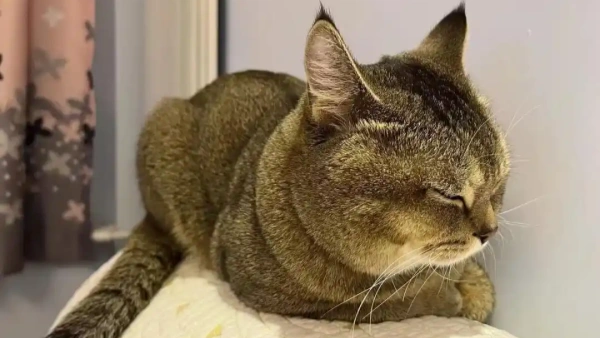
Common Causes of Respiratory Infection in Cats
Direct contact with infected cats—through sneezing or shared bowls.
Stress, malnutrition, or lowered immunity after vaccination.
Cats from shelters or pet stores often carry viruses and may spread them to other household pets.
Respiratory infection in cats has a short incubation period and spreads rapidly. Early detection and isolation are crucial.
Symptoms of Cat Respiratory Infections
Frequent sneezing and nasal discharge
Coughing or hoarse throat
Watery eyes or eye redness
Lethargy and loss of appetite
Mild fever
In severe cases, especially in kittens or senior cats, it may lead to mouth inflammation or difficulty breathing. If you're concerned, check for related issues like cat foaming at the mouth.
How to Ease Your Cat’s Discomfort
Here are some ways to comfort your sick cat:
Use warm, moist wipes to gently clean eye and nose discharge.
Run a humidifier to reduce nasal congestion.
Feed warm, strong-smelling wet food to stimulate appetite.
Provide a quiet, warm resting area to reduce stress.
Though these won't cure the infection directly, they can boost recovery and help your cat regain strength.
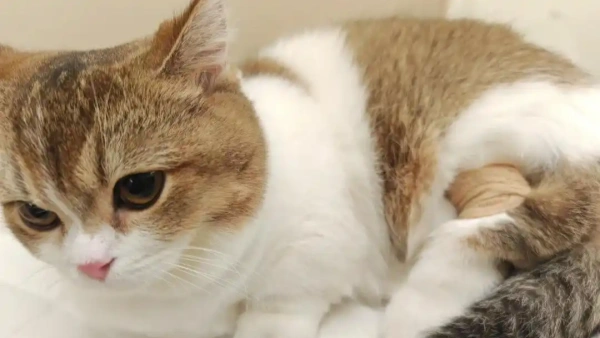
When to See a Vet
While some mild cases improve at home, contact your vet immediately if your cat:
Refuses to eat for more than 24 hours
Shows signs of breathing difficulty or constant coughing
Has a persistent high fever
Is a kitten or elderly cat showing prolonged symptoms
The vet may prescribe antibiotics, eye drops, or even IV therapy in severe cases. Follow their guidance for the best outcome. Read more about cat breathing fast as another warning sign.
Everything Our Vets Recommend
Are Home Remedies Safe?
Yes—some gentle remedies may help with mild cases. For instance, natural chicken broth steam can ease nasal congestion and boost appetite. However, never use human cold medicine or essential oils—they can be toxic to cats. Only try home remedies for cat upper respiratory infection treatment that are proven safe, and monitor your pet’s response carefully.
How to Care for a Cat With a Respiratory Infection
Isolate the sick cat from others to prevent spreading the illness.
Maintain a clean environment—refresh litter boxes and food dishes daily.
Offer frequent small meals to support recovery.
Avoid bathing or taking the cat outside to limit stress.
Good care not only helps healing but also prevents recurrence. If your cat gets sick often, discuss immune-boosting strategies with your vet.
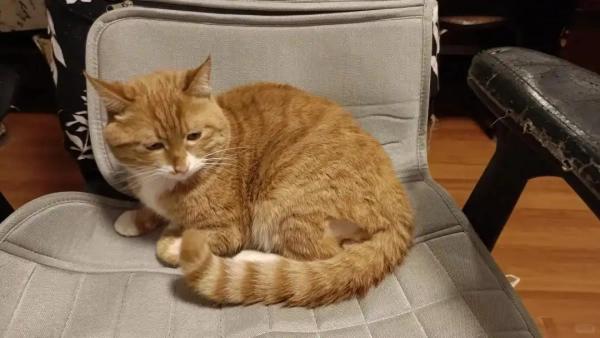
Everything Our Vets Recommend
FAQs
Q1: Can a cat's upper respiratory infection spread to humans?
No. This condition is specific to felines and doesn't affect people.
Q2: My cat is sneezing but otherwise fine. Should I be worried?
It might be a minor infection or allergies. Monitor for appetite loss or increased discharge. If those occur, contact a vet.
Q3: Do all infections require antibiotics?
No. Since most are viral, antibiotics are only needed if there's a bacterial co-infection.
Final Thoughts
Upper respiratory infection in cats is common but manageable. The key is early detection, isolation, and proper care. By improving your cat’s environment, offering supportive nutrition, and reducing stress, you can greatly lower the risk of illness. If symptoms become severe or return frequently, don’t hesitate to seek professional veterinary care. Your cat's health and comfort depend on it.
You May Like:
- Understanding Upper Respiratory Infection in Cats: Symptoms, Treatment and Home Remedies
- Cat Flea Tick Control Tips for a Healthy and Happy Pet
- Fleas on Cats Symptoms — How to Spot Signs and Treat Quickly
- Best Flea and Tick Prevention for Cats in 2025
User Comments
Does flea treatment kill ear mites too?
Can dogs take human probiotics?
Can dogs have people probiotics safely?
Related Articles
View all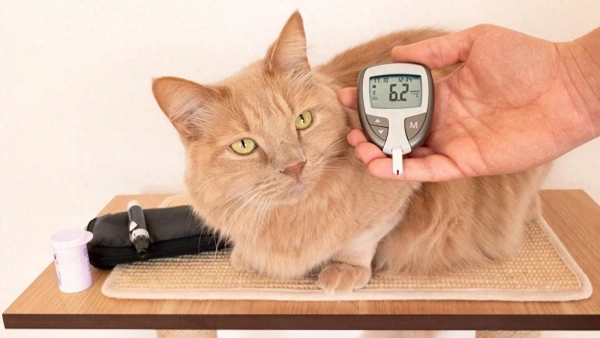
Recognizing the Signs of Diabetes in Cats and How to Manage It Effectively
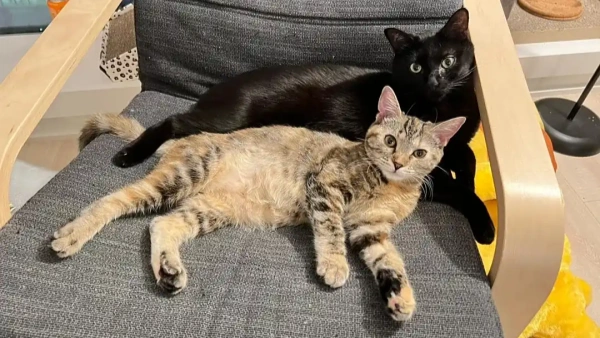
Effective Cat Asthma Treatment: How to Treat Cat Asthma at Home
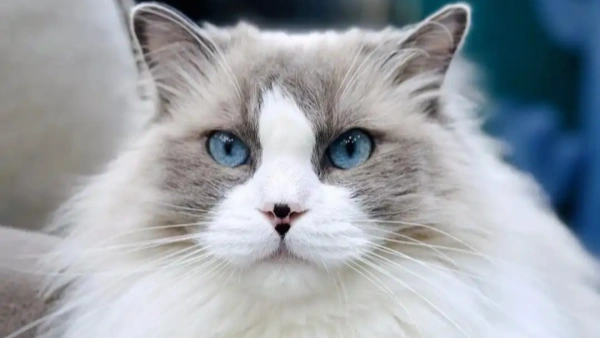
Cat Urinary Blockage and Inflammation: Causes, Symptoms, and Home Care Tips

Understanding Upper Respiratory Infection in Cats: Symptoms, Treatment and Home Remedies

Recognizing the Signs of Diabetes in Cats and How to Manage It Effectively

Effective Cat Asthma Treatment: How to Treat Cat Asthma at Home

Cat Urinary Blockage and Inflammation: Causes, Symptoms, and Home Care Tips

Understanding Upper Respiratory Infection in Cats: Symptoms, Treatment and Home Remedies
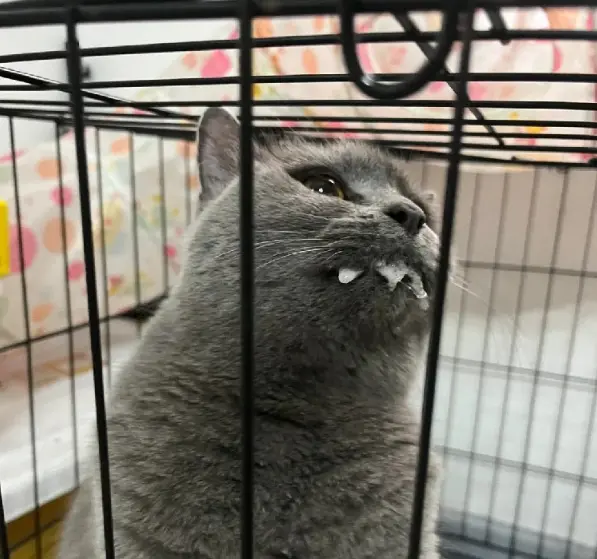
What To Do If Your Cat Foams At The Mouth? First Aid Manual
Related Articles
View all
Recognizing the Signs of Diabetes in Cats and How to Manage It Effectively

Effective Cat Asthma Treatment: How to Treat Cat Asthma at Home

Cat Urinary Blockage and Inflammation: Causes, Symptoms, and Home Care Tips




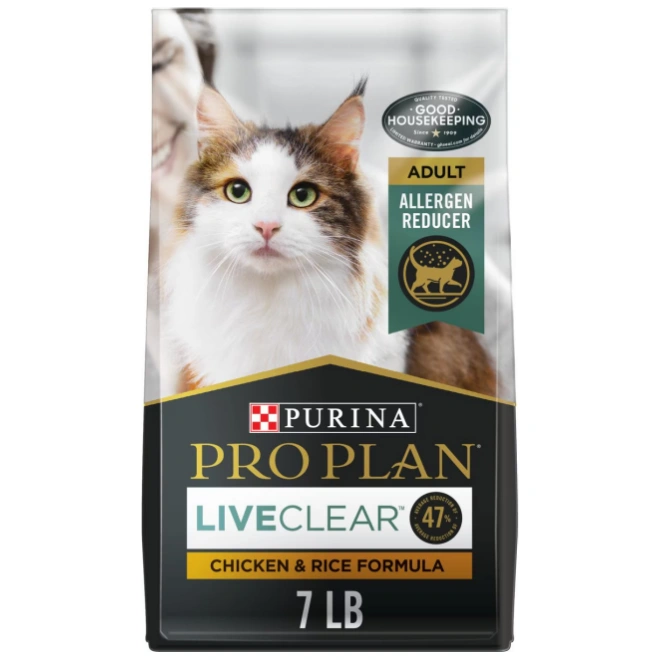
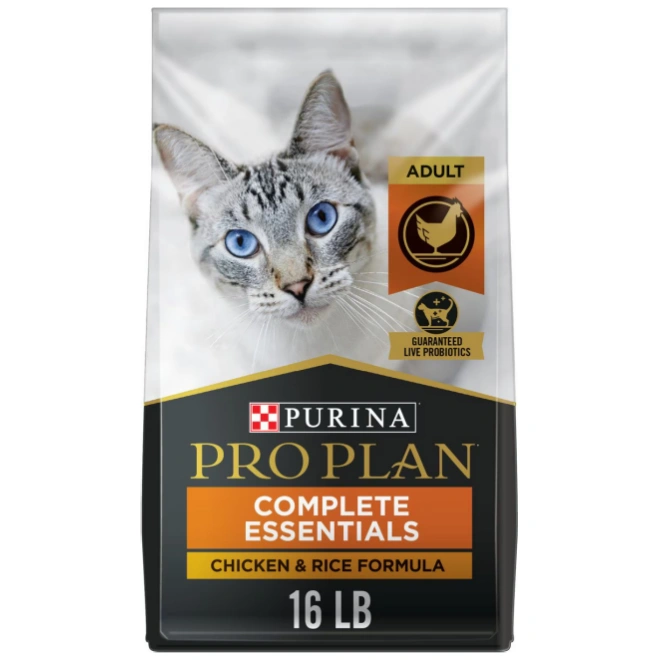










Leave a Reply